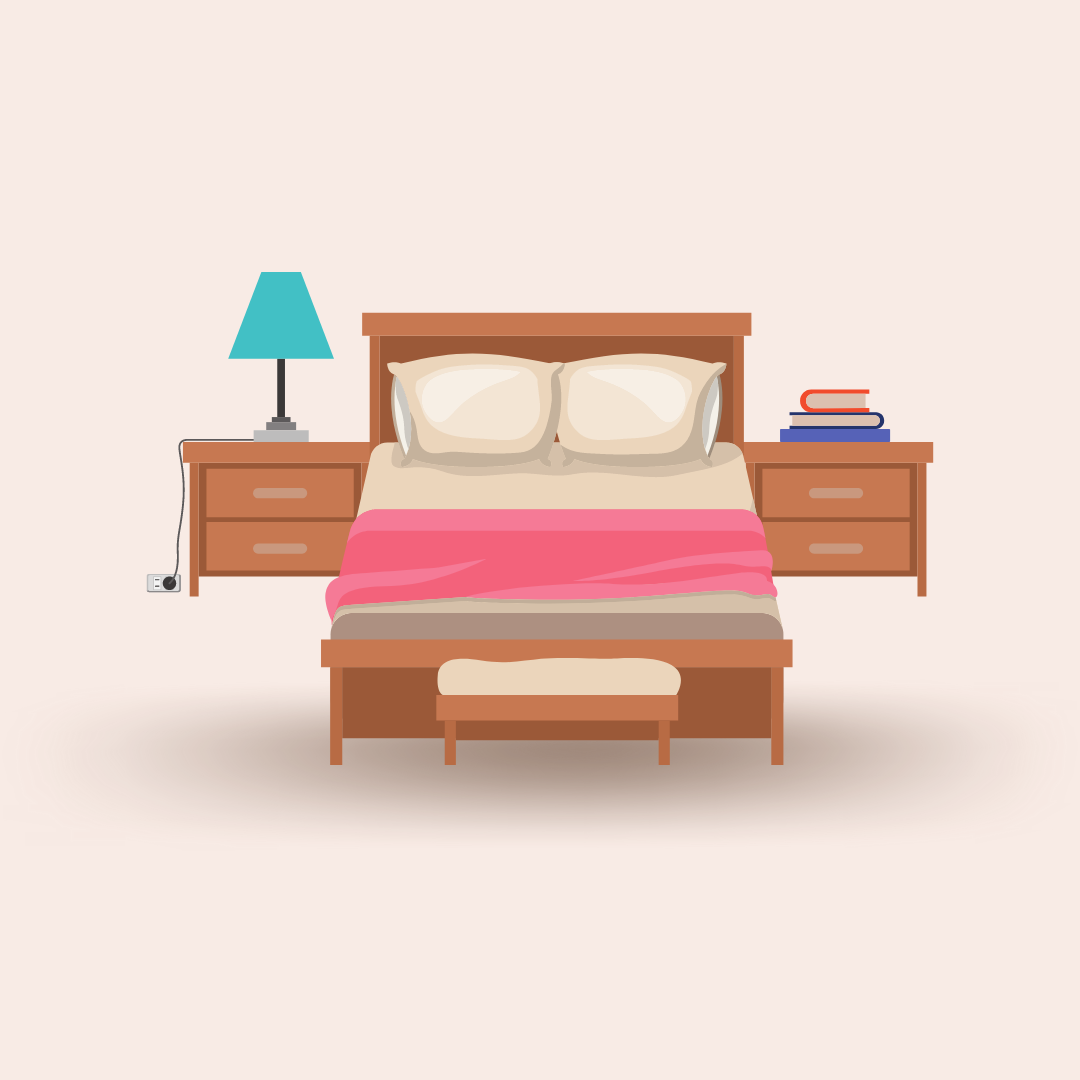Gotta Get My Fix! The Problems with Digital and Social Media
You know what? There’s a lot of good that has come from digital innovation. For one, technology has allowed us to connect with others, wherever they may be, and we can now be reached from virtually anywhere.
Yes, it's great that we can now chat with Great Aunt Flo in Canada any time we like (apart from when Tipping Point is on) and there’s virtually nothing that can’t be answered thanks to Google, but there are dark forces at play too.
The average person spends a third of their waking day online
Did you know that the average person in the UK spends nearly five hours on their smartphone or digital devices each day? That’s nearly a third of their waking day! I’m sure you’ll agree that’s way too long and is probably stopping that person from living a fulfilling life in the present, aware of their surroundings and those closest to them.
Digital can be distracting…
A recent UK study found that the average person unlocks their phone 85 times a day. That’s nuts! But it just presses the point that it’s hard to stay focused on any one task when you are continually stopping to check on those notifications and pings.
That interruption is playing some serious havoc on your overall well-being, and ability to stay focused, and remain productive.
It messes up your sleep patterns
If you make a habit of taking your smartphone into your bedroom, either to use as an alarm clock or just to look at before you go to sleep to see what tomorrow holds, it could seriously affect the quality of your sleep.
Looking at your phone when you should be going to sleep has the double whammy effect of over-stimulating your brain, making it hard to wind down and switch off. What’s more, the screen’s blue light can reduce melatonin production, which interrupts your circadian rhythm (i.e. sleep-waking cycles), making it harder for you to fall, and stay asleep.
It’s addictive too…
Do you get an uncontrollable urge to jump on Facebook or Instagram? Just gotta find out how my post is doing. How many comments and likes is my latest post accruing?
It’s true, cutting back on screen time can be hard, and it's even been compared to breaking a drug habit!
The problem with social
Social media was built on the concept of enabling us to connect with others and to share fun stories and photos (often of our pets), but the reality is actually quite different.
An addiction to social media generates two concepts of self, FOMO and self-comparison.
FOMO or Fear Of Missing Out occurs when you either are compelled to continually check your social media feed, or have an inability to switch off for fear of missing out on the latest news from your friends and followers.
As humans, we are naturally predisposed to compare ourselves to others. And yet, social media emits a false sense of reality. Can Sarah’s life really be THAT glamorous? Philip is always eating out, he must earn loads more money than I do…
Why has my post not garnered much attention? I really thought that my selfie would generate more likes and comments than it has. I must be perceived as ugly.
These are pretty rubbish thoughts that really do nothing to help your overall sense of happiness and wellbeing, so why do you continue to engage?
Digital obsession is as hard to crack as cocaine addiction.
A recent Harvard study confirmed that social media can be as addictive as crack cocaine. They found that the use of social media can light up the same part of the brain that is ignited when taking an addictive substance.
So with this in mind…
Isn’t it time to go cold turkey and consider a digital detox?
Digital detox refers to a period of time when a person refrains from using tech devices such as smartphones, televisions, computers, tablets, and social media sites. Reducing the amount of time you spend online could have really positive effects on your mood, sleep and anxiety.
There are lots of things you can do to reduce your screen time without unplugging completely. Here are a few tips that you could try:
Turn off your push notifications to certain apps (this could help reduce the number of times you check your phone and help you to stay focused).
Make your bedroom a tech-free zone - studies have shown that the emission of blue light from your phone can affect melatonin levels and the circadian rhythm of your sleep cycle.
Enforce a no devices at the table rule - get back to reconnecting with your family and loved ones and make your dinner/breakfast table device-free.
Remove apps - delete the most used apps and make them only accessible via your web browser.
Like what you’ve read?
Jo Buchanan, the author of this blog, is the Founder and Director of TwitTwooYou Limited, a business growth strategic consultancy centred on getting brands noticed. TwitTwooYou offers a range of smart services to help businesses grow and achieve their aspirations and goals. Want to get your brand noticed? Get in touch for a free, no-obligation chat.







